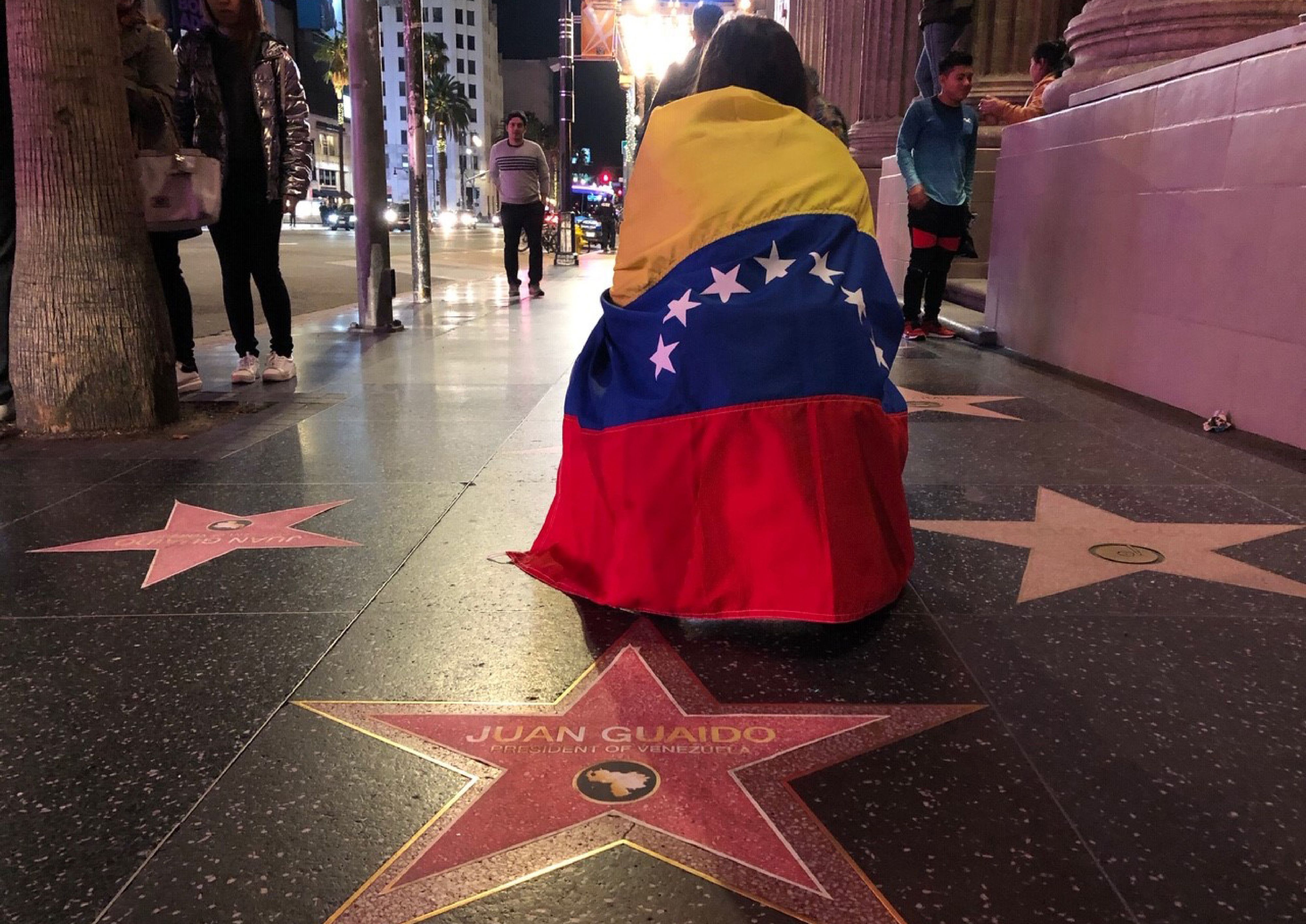MOSCOW/BRUSSELS, (Reuters) – Russia accused the United States of trying to usurp power in Venezuela and warned against U.S. military intervention there, putting it at odds with Washington and the EU which backed protests against one of Moscow’s closest allies.
Venezuelan opposition leader Juan Guaido declared himself interim leader on Wednesday, winning the support of Washington and parts of Latin America and prompting Socialist President Nicolas Maduro, who has led the oil-rich nation since 2013, to sever diplomatic ties with the United States.
The prospect of Maduro being ousted is a geopolitical and economic headache for Moscow which, alongside China, has become a creditor of last resort for Caracas, lending it billions of dollars as its economy implodes. Moscow has also provided support for its military and oil industry.
Russia on Thursday accused Washington of stoking street protests and of trying to undermine Maduro, whom it called the country’s legitimate president.
“We consider the attempt to usurp sovereign authority in Venezuela to contradict and violate the basis and principles of international law,” Kremlin spokesman Dmitry Peskov said.
He said Russia had not received a Venezuelan request for military help and declined to say how it would respond if it did. Maduro, who met President Vladimir Putin in Moscow in December, was the legitimate president, said Peskov.
The Russian Foreign Ministry weighed in too, complaining that Washington was seeking to determine the fate of other nations by using a well-tried strategy of trying to depose an undesirable government.
It told Washington not to intervene militarily, warning outside interference was the path to bloodshed. “We warn against such adventurism which is fraught with catastrophic consequences,” it said.
Turkish President Tayyip Erdogan offered support for Maduro too.
“My brother Maduro! Stand tall, we stand by you!” presidential spokesman Ibrahim Kalin, writing on Twitter, quoted Erdogan as saying.
China, a major lender to Caracas, also voiced its support for Maduro, saying it opposed outside interference in Venezuela and supported efforts to protect its independence and stability.
EU SUPPORT FOR OPPOSITION
The European Union, which has imposed sanctions on Venezuela and boycotted Maduro’s swearing-in for a second term earlier this month, took a different tack.
Although it stopped short of following Washington and recognising Guaido as interim president, it called on the authorities in Venezuela to respect his “civil rights, freedom and safety” and appeared to support calls for a peaceful transition of power away from Maduro.
“… The people of Venezuela have massively called for democracy and the possibility to freely determine their own destiny. These voices cannot be ignored,” the 28-nation bloc said in a statement.
French President Emmanuel Macron saluted the courage of Venezuelans marching for freedom and called Maduro’s 2018 election victory illegal.
A spokesman for British Prime Minister Theresa May said the election has been neither free nor fair and expressed support for Guaido as national assembly head.
Spain’s Prime Minister Pedro Sanchez planned to call Guaido after talks with Latin American leaders in Davos, a government source said on Thursday.





